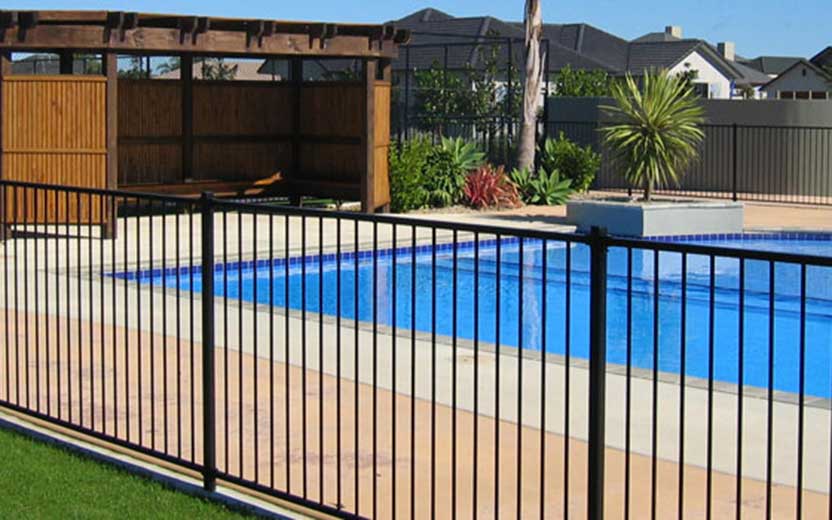By Marcus Fernandez
Tampa may not receive as much rainfall as other parts of the state, but it still experiences wet weather. The rainy season in Hillsborough County starts in May and continues through early October.
Precipitation doesn’t dampen the spirits of tourists and residents. Tampa remains one of the top destinations people flock to for vacations or as a place to relocate to and call home. Your safety is paramount, regardless of what part of Florida you visit or call home.
Knowing how to drive in the rain is crucial to staying safe, so the expert personal injury attorneys at KFB Law used their experience handling car accident cases to create this timely blog. It explains how to prepare your car for wet weather and provides driving tips to ensure you arrive safely at your destination.
Get your car ready to tackle wet driving conditions
The time and money it takes to get your car ready to drive during rainy conditions are worth it if they reduce the chance of an accident. Some of the things to focus on include:
- Tires: Treads channel water away to allow the tires on your car to make contact with the road, but worn tires prevent this. An easy way to check the tread depth on your tires is by inserting a quarter into the tread. The top of George Washington’s head should not be visible. If it is, your tires need to be replaced.
- Windshield wipers: You cannot see the road during a rainstorm unless your wiper blades remove water from the windshield. If the blades cause streaks or fail to clear the windshield, replace them with new ones.
- Exterior lights: Turn signals, brake lights, and headlights make your vehicle visible during heavy rain and fog, so periodically check their operation and replace bulbs or fuses that burn out.
If you don’t know how to activate the emergency flashers and headlights, take a moment the next time you get into your car to learn how. Your headlights must be on during rain or fog conditions to comply with Florida Law.
Slow down on wet roads
Hydroplaning occurs when your car’s tires lose traction with the road’s surface by riding on a thin layer of water. Slowing down during rainstorms reduces the risk of hydroplaning and gives you more time to react in an emergency.
Do not tailgate, and leave extra stopping room on wet roads
Following too close to other vehicles during the rainy season is dangerous because it reduces the time you have to stop and is also against the law. According to the law, traffic conditions, speed, and condition of the roadway determine whether you are following too close behind other vehicles.
Watch out for deep puddles and standing water
Avoid driving through standing water accumulating on a road’s surface unless you can determine its depth. Standing water can conceal potholes, sinkholes, and other hidden hazards.
Be careful before driving around standing water to ensure that you will not be in the path of another vehicle. If driving through shallow puddles, reduce the speed of your car to avoid hydroplaning.
Lightly tap the brake pedal after passing through puddles to remove water and ensure the brakes function correctly. Wet brakes may cause your vehicle to take longer to stop.
Defogging your windshield
Differences in moisture and temperature levels inside and outside a car can cause windows to fog. To allow outside air into the passenger compartment, turn on the defroster and turn off the air recirculation setting. If the defroster does not clear the windows, try raising the temperature setting of the air conditioning to slightly warm interior air.
Find a safe location to pull off the road
If heavy rainfall makes it too difficult to see the road, pull off the road to a safe location until conditions improve. Turn on your hazard lights if the only available location is the shoulder of the road.
Talk to a Tampa personal injury attorney
Weather-related car accidents are complicated during the rainy season. They can be caused by other drivers’ negligence or by the faulty design and construction of a road. The Tampa accident attorneys at KFB Law know personal injury law and have experience making the parties responsible for causing a crash pay compensation for your injuries. Contact KFB Law for a free consultation to learn about your legal rights.


